Finland has been tasked with taking an active role in the Gaia-X co-operation work. As a result of the preparations carried out through extensive collaboration in spring 2021, the Finnish Gaia-X hub and its strategy were launched on 17 June. The development of Gaia-X will rely on Finnish strengths such as Nordic values and digital leadership. Digitalisation and the data economy are also cornerstones of Finland’s growth policy.
The national Gaia-X hub provides Finland with a direct channel of influence to European development activities. This further strengthens the position of Finnish companies and organisations in the European single data market.
“Finland has data-related expertise. Now the aim is to better harness this expertise to serve the building of the European data economy and growth. Gaia-X opens up new channels for companies to international calls for funding; however, national investments are also needed,” says Jaana Sinipuro, Project Director at Sitra.
Hub’s working groups help develop data spaces
The Finnish Gaia-X hub brings together Finnish companies, innovators and public administration and its work is co-ordinated by Sitra. The key goals of the Finnish hub are to create links between data sharing-related ecosystems and organisations operating in Finland, to increase Finnish companies’ and research institutes’ co-operation with their European counterparts in data-sharing projects and to ensure the alignment of Finland’s activities with European development.
“Gaia-X is intended as the infrastructure for European data spaces and it is important that Finnish companies and organisations are involved in this development. Through co-operation, we can build interoperable, growing data spaces – in practice, create a single market for open data,” says Erja Turunen, a member of Gaia-X’s Board of Directors.
The hub’s working groups, to be launched in the autumn, will develop joint European data spaces to serve the needs of agriculture, industry, the circular economy and smart city development, for example. Any party with an interest in this field is welcome to join.
A large number of parties have been involved in the preparation work. The VTT Technical Research Centre of Finland has been active in contributing to Gaia-X from the beginning, as have the Ministry of Economic Affairs and Employment and Business Finland. The Ministry of Finance and the Ministry of Transport and Communications have provided Gaia-X’s national specification tasks with political insight, while the business perspective has been represented by a large number of companies as well as organisations such as the Confederation of Finnish Industries (EK), Technology Industries of Finland and DIMECC.
Gaia-X strengthens Europe’s competitiveness and independence
Data space development also lies at the core of strengthening of Europe’s competitiveness. Data has become one of the world’s most valuable raw materials and resources in business. However, the data economy is still a newcomer, without rules or fair operating methods, and the founding principles of a European data market – trust and a working infrastructure – are still lacking.
The European Commission has decided to make this Europe’s “Digital Decade”. In accordance with the commission’s objectives, the Gaia-X project strengthens Europe’s digital self-sufficiency and data sovereignty and increases free access to the market and new value creation, data interoperability and user-friendliness.
The German-French joint initiative has grown quickly and already involves more than 500 organisations and 19 country-specific hubs. Gaia-X also co-operates closely with the European Commission.
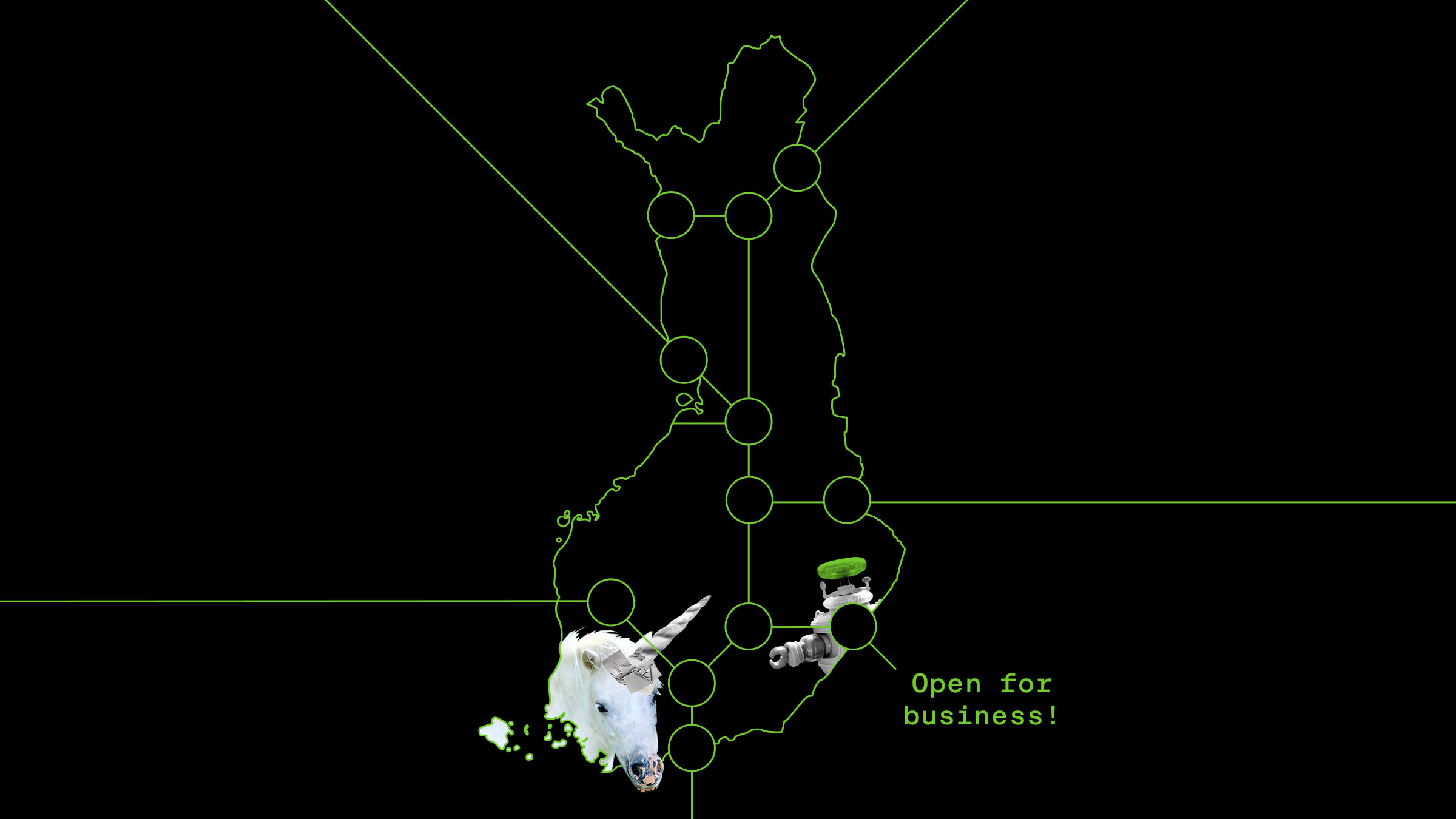


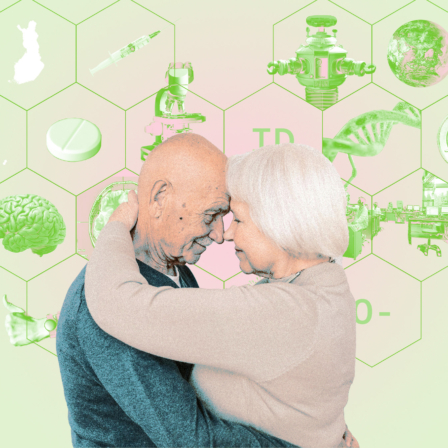



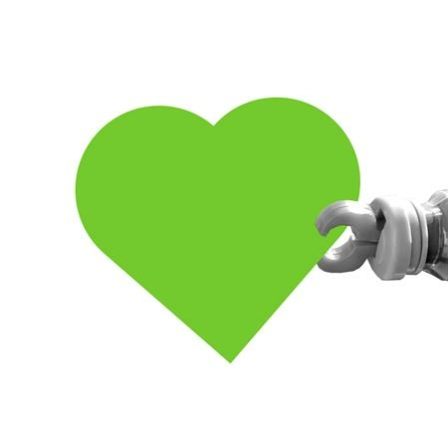
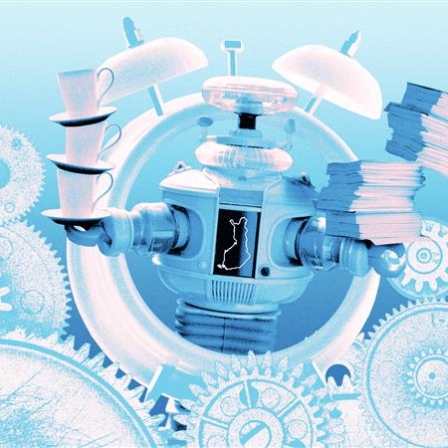



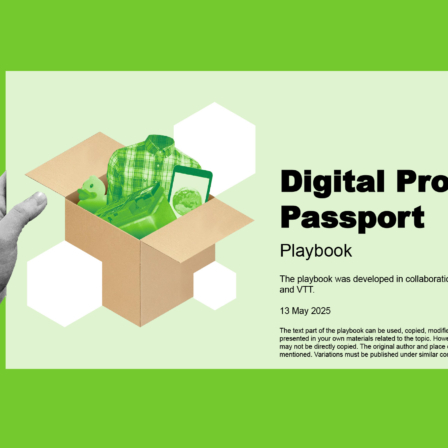
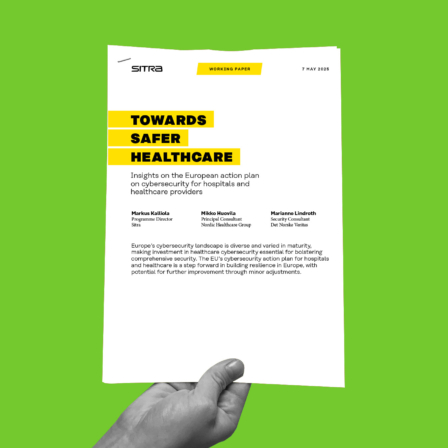

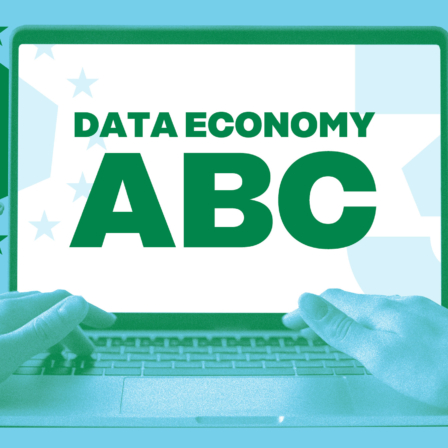
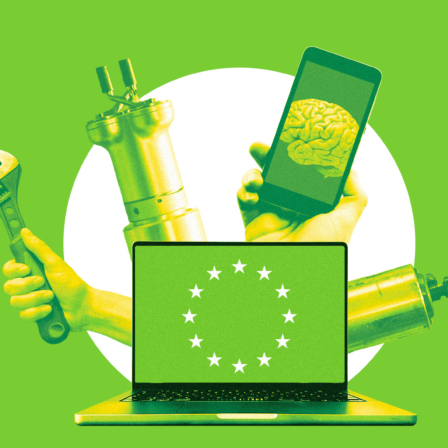
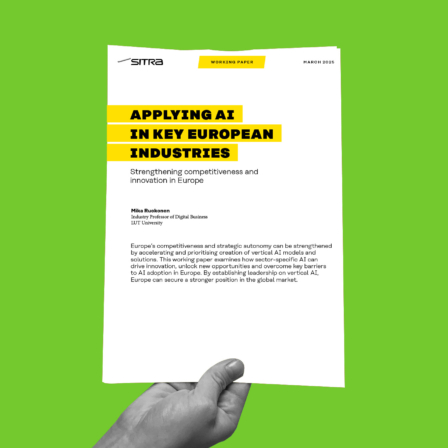
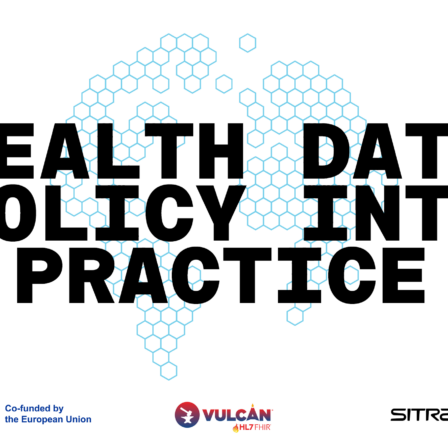

Recommended
Have some more.